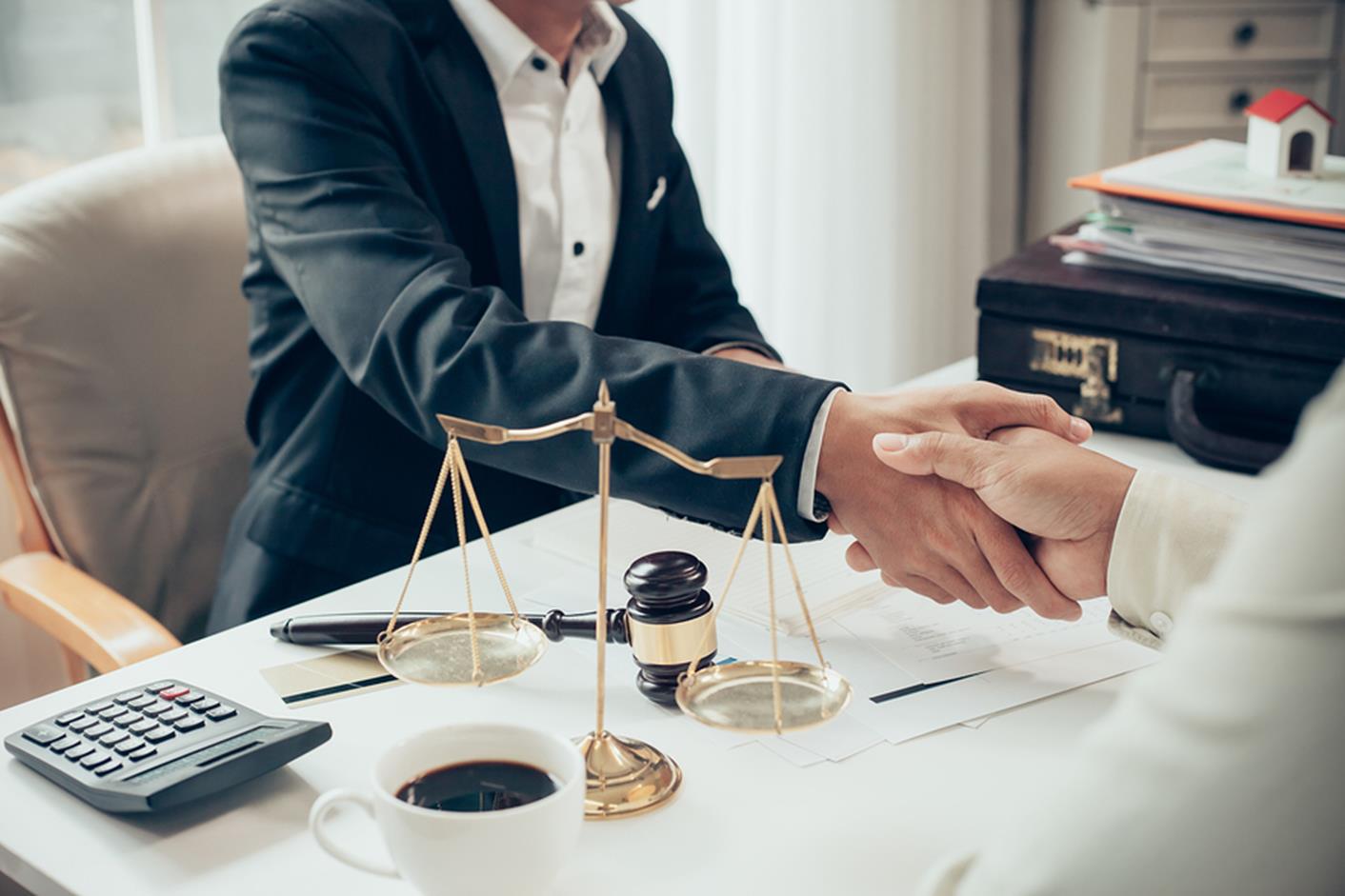Speaking to a lawyer in a professional capacity is something that most of us don’t do too often. But the unfortunate reality is that you may someday need to turn to an attorney for help. We can’t control accidents and other events that surround us, and if we are injured or wronged in some way, the law may be our best option for recourse. When that moment comes, it will be important for you to know how to find and meet with an attorney — and how to communicate with that attorney about your case.
Why you might need a lawyer
You may not have an attorney on retainer, and that’s okay — unless you’re running a business, managing a lot of contracts, or doing something else with lots of legal issues involved, then you probably don’t need an ongoing relationship with a lawyer right now. But there may come a time when you do need one.
Imagine that you are injured in an accident that was not your fault. The financial consequences can be dire: you could be saddled with huge medical bills, could lose income due to time missed at work, and more. This is a situation in which you’ll need a lawyer. With a lawyer, you could file a personal injury lawsuit. A settlement or award in such a case could help you recover the funds you need to make your life whole again, explain experts at a respected personal injury law firm.
Or maybe you’ll find yourself under suspicion for a crime you did or did not commit, in which case you’ll need to reach out to an attorney who specializes in criminal defense. Innocent people are convicted all the time, which is why it’s so important for even the innocent to secure great representation in court and protect their rights.
Or maybe you’ll need a lawyer because you’re starting a business, looking to sign a real estate deal, or drawing up a will. There are a lot of situations in which lawyers will be required. Suffice it to say, you’re almost certainly going to end up needing a lawyer someday. And that means that you need to know how to talk to one.
Show up prepared
Your attorney is here to help you, but he or she is also very busy. To get the best possible representation, you’ll want to supply your attorney with all of the key information you have. Showing up prepared will also communicate to your lawyer that you’re serious and easy to work with.
So what does showing up prepared means? It means having paperwork and documentation related to your case. For instance, in a personal injury case, you’ll want to show up with things like police reports from the accident, medical bills, and any and all other pieces of evidence that relate to your claim.
Stick to the facts
The situation that lands you in an attorney’s office may be a very emotional one. An accident can be traumatizing, an argument that leads to a lawsuit can be infuriating, and founding a business can be exciting. It’s natural to be a bit emotional, but you need to remember that your lawyer’s time is valuable — as is your own. Keep it simple and stick to the facts of the case. Focus on concrete details and goals. Explain the situations thoroughly and your position rationally, so that your lawyer can best understand you and that you come across as a sensible and serious client.
Ask questions
The law can be complicated, and there’s a chance that your attorney will say things that you don’t understand. That’s okay! But you should do your best to understand the situation, so that you can stay on top of what’s going on and manage your own side of things properly.
A great attorney will do his or her best to help you understand your legal situation and options, but lawyers aren’t mind readers. If you don’t understand something, don’t be afraid to ask questions and try to learn. Your attorney should work with you to help you understand things as fully as possible.
